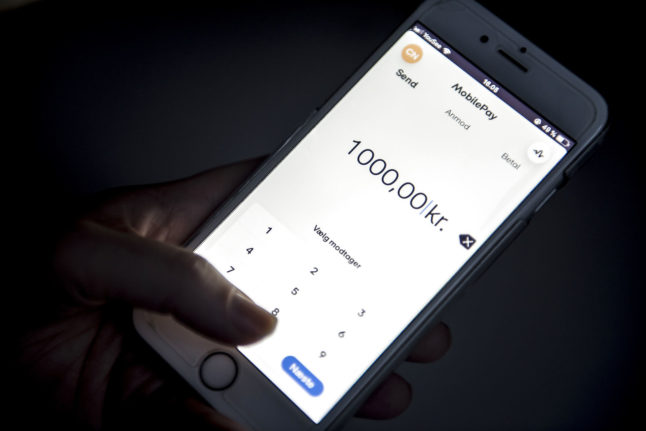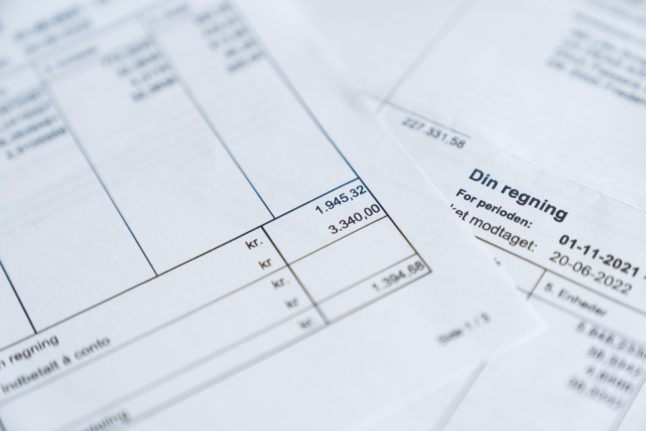The frauds and attempted frauds amount to 212 million kroner, although some of the scams were discovered before the fraudsters got the money. More than 28 million kroner has been recovered through 102 recovery operations.
According to Jørgen Andersen, deputy police inspector and head of the Money Laundering Secretariat, the task has been taken “very seriously” in the secretariat since the introduction of corona relief packages.
“And it has had a high priority with us as authorities. But also with the notifiers – here primarily banks and the accountants – and we sat down together quite quickly in a community.
“Here, we organised the effort in such a way that when banks and auditors sent notifications to us where there was a suspicion of misuse of schemes, we typically sent them within 24 hours to the authorities who paid money on these schemes”, Andersen says.
Companies or individuals should contact the Money Laundering Secretariat (Hvidvasksekretariatet) if they suspect money laundering or terrorist financing.
In October 2020, an eight-billion kroner stimulus package was agreed in parliament to help Danish businesses and cultural institutions hit by the coronavirus crisis.
The financial package also included a liquidity fund totalling 28 million kroner.
READ ALSO: Denmark announces new coronavirus relief for businesses and culture



 Please whitelist us to continue reading.
Please whitelist us to continue reading.
Member comments